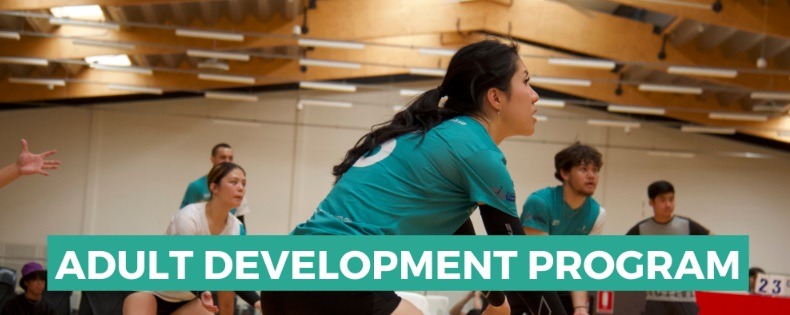Volleyball is a popular sport among youth, and it offers many benefits beyond physical fitness. It helps develop teamwork, sportsmanship, and communication skills. However, when it comes to learning and improving volleyball skills, there are two options available for youth: structured classes or recreational play. While both have their merits, this blog will argue that structured classes are ultimately more beneficial for youth players looking to improve their skills and develop a deeper understanding of the sport.
What makes professionally structured classes a better option?
Simply playing the game recreationally may not be enough to help your child develop these skills fully. Enrolling them in structured volleyball classes can provide them with a more comprehensive learning experience and help them grow both physically and mentally. Thus, whenever your child displays an interest to get training at it, look for volleyball classes for youth near me, online, and enroll them in the same to give them a chance to pursue their dreams. Now, read on to find out why you should consider enrollment.
1. Professional coaching
Structured volleyball classes are led by professional coaches who have experience in teaching volleyball skills to youth. These coaches have a deep understanding of the game and can teach youth players the proper techniques and strategies required to excel in volleyball. They can also provide valuable feedback and guidance to help players improve their skills. In contrast, recreational play lacks professional coaching, and youth players may not receive proper guidance to improve their skills.
2. Comprehensive curriculum
Structured volleyball classes have a curriculum that is designed to teach youth players the fundamentals of volleyball. The curriculum is structured in a way that progresses from basic skills to more advanced techniques. This ensures that youth players learn the right skills at the right time and can build on their knowledge and abilities. In contrast, recreational play lacks a curriculum, and youth players may not learn the proper techniques and skills required to excel in volleyball.
3. Structured environment
Structured volleyball classes provide a structured environment that is conducive to learning. The classes have a set schedule, and youth players are expected to attend regularly and be on time. This helps youth players develop discipline and responsibility. In addition, the structured environment provides a safe and controlled setting for youth players to learn and practice volleyball skills. In contrast, recreational play lacks structure, and youth players may not have the discipline and responsibility required to improve their skills.
4. Age-appropriate instruction
Structured volleyball classes offer age-appropriate instruction that is tailored to the needs and abilities of youth players. The instruction is designed to be challenging yet achievable, and it helps youth players build confidence in their abilities. In contrast, recreational play may not offer age-appropriate instruction, and youth players may not be able to keep up with more advanced players.
5. Opportunities for competition
Structured volleyball classes provide opportunities for youth players to compete against other players of similar skill levels. This helps youth players develop their competitive skills and learn how to work as a team. In addition, structured classes offer opportunities for tournaments and other competitive events, which can be a fun and exciting experience for youth players. In contrast, recreational play may not provide opportunities for competition, and youth players may not be able to experience the thrill of competitive play.
6. Safe environment
Structured classes provide a safe and controlled environment for young players to learn the game. In recreational play, there may not be any supervision or guidance available, which can lead to injuries or accidents. In contrast, professionally structured classes provide a coach or instructor who can teach proper techniques and ensure that players are following safety protocols.
7. Personalized instruction
Structured classes offer personalized instruction, which is not possible in recreational play. In recreational play, children may not receive constructive feedback or coaching from their peers or family members. This can lead to frustration and a lack of progress in their game. However, in professionally structured classes, children receive feedback and coaching from experienced coaches who are dedicated to helping them improve and succeed. Coaches also provide positive reinforcement and encouragement, which helps children develop a positive attitude towards the game and their own abilities.
Conclusion
While recreational play can be a fun way for youth players to enjoy volleyball, structured classes are a better option for those who want to improve their skills and take their game to the next level. Structured classes offer professional coaching, a curriculum, a structured environment, age-appropriate instruction, and opportunities for competition, all of which are essential for the development of youth volleyball players. If you have a child who is interested in volleyball, consider enrolling them in structured classes to help them reach their full potential.

